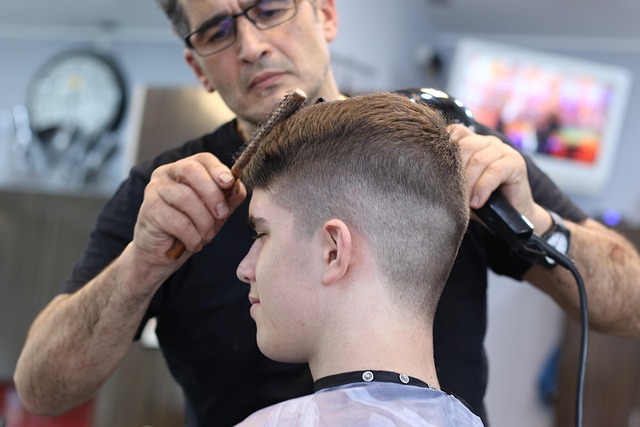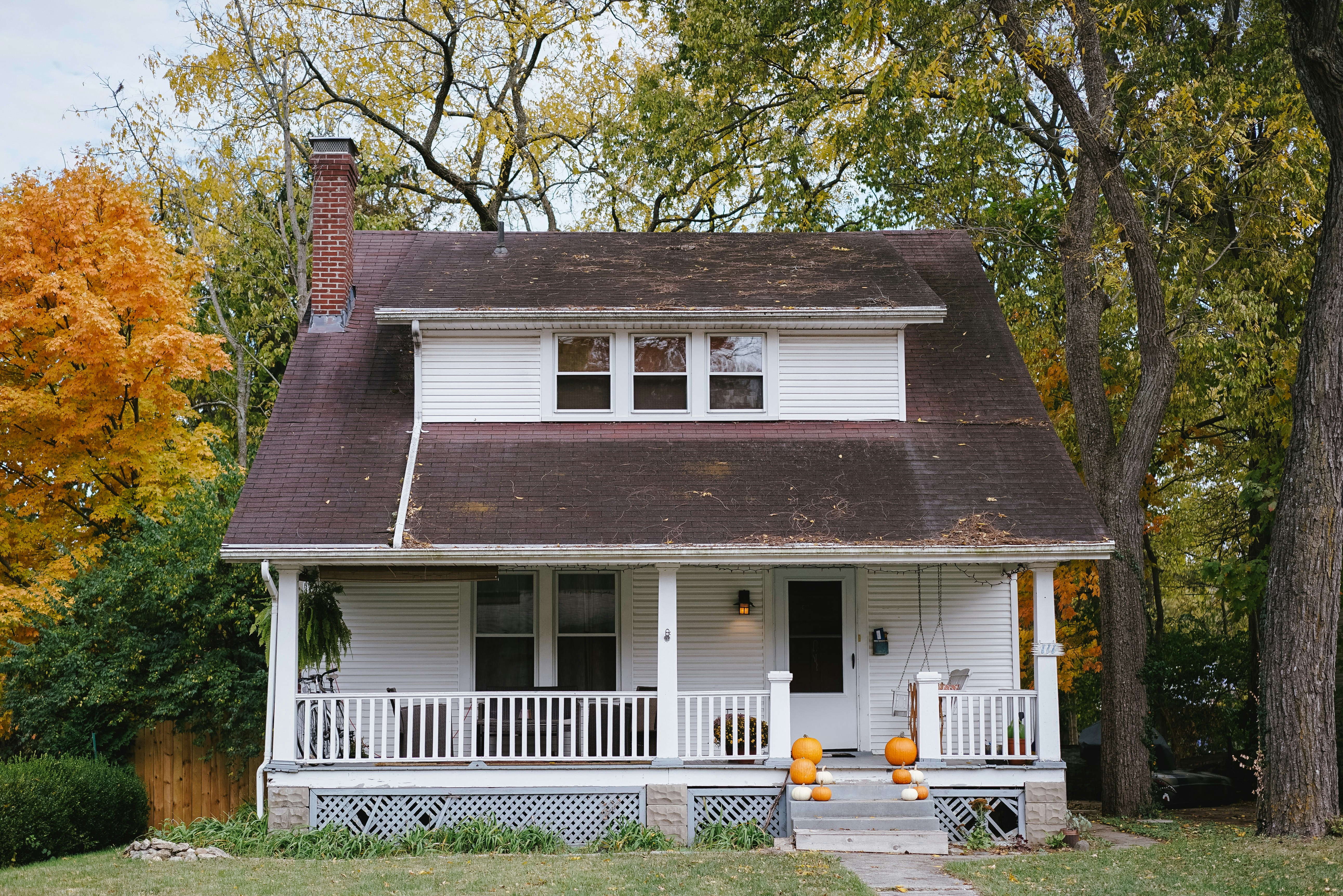Complete Fixed Dental Prostheses Prices, Explained
Complete Fixed Dental Prostheses Prices can feel opaque, especially when treatment plans vary widely across clinics and materials. Patients often ask why are permanent dental prostheses so expensive, and whether the long-term value justifies the upfront cost. This guide brings clarity to average price ranges, what drives them, and how fixed options compare with removable solutions and insurance realities.

Complete fixed dental prostheses represent a significant investment in oral health, offering a permanent solution for individuals who have lost most or all of their natural teeth. Unlike removable dentures, these prostheses are anchored securely to dental implants, providing stability and function similar to natural teeth. The pricing for these comprehensive restorations reflects the advanced materials, surgical precision, and expertise required to deliver lasting results.
Complete Fixed Dental Prostheses Prices: Basics
The foundation of complete fixed dental prostheses pricing begins with understanding what these restorations entail. A complete fixed prosthesis typically involves placing four to six dental implants per arch, which serve as anchors for a full set of prosthetic teeth. The cost encompasses multiple components: the surgical placement of implants, abutments that connect the implants to the prosthesis, the custom-fabricated prosthetic arch itself, and all associated professional fees. Material choices significantly impact pricing, with options ranging from acrylic resin to porcelain-fused-to-metal or full zirconia constructions. Geographic location also plays a role, as dental care costs vary considerably across different regions and metropolitan areas. Patients should expect comprehensive treatment planning, including diagnostic imaging, bone grafting if necessary, and multiple appointments spanning several months.
Complete Fixed Dental Prostheses Prices Today
Current market rates for complete fixed dental prostheses reflect both technological advances and the specialized nature of implant dentistry. For a single arch restoration, patients typically encounter costs ranging from approximately $15,000 to $30,000, while full mouth rehabilitation involving both upper and lower arches can extend from $30,000 to $60,000 or more. These estimates include the implant surgery, healing period components, and final prosthesis fabrication. Premium materials like monolithic zirconia or individualized tooth characterization increase costs but offer superior aesthetics and durability. Some practices offer all-on-four or all-on-six protocols, which may present different pricing structures based on the number of implants used. Insurance coverage varies widely, with some plans offering partial reimbursement for medically necessary tooth replacement while others exclude implant procedures entirely. Many dental practices provide financing options or payment plans to make treatment more accessible.
| Provider Type | Services Offered | Cost Estimation |
|---|---|---|
| Academic Dental Centers | Full arch fixed prosthesis with teaching supervision | $15,000 - $25,000 per arch |
| General Dentists with Implant Training | Complete treatment from surgery to final restoration | $20,000 - $35,000 per arch |
| Prosthodontist Specialists | Advanced prosthetic design and complex cases | $25,000 - $40,000 per arch |
| Oral Surgery Centers | Surgical placement with referral for prosthetics | $18,000 - $32,000 per arch |
| Corporate Dental Chains | Standardized protocols with volume pricing | $16,000 - $28,000 per arch |
Prices, rates, or cost estimates mentioned in this article are based on the latest available information but may change over time. Independent research is advised before making financial decisions.
Complete Fixed Dental Prostheses Prices Benefits
The value proposition of complete fixed dental prostheses extends beyond the initial investment. Patients experience improved chewing efficiency, which supports better nutrition and digestive health. The fixed nature eliminates concerns about denture slippage or adhesives, restoring confidence in social and professional settings. Bone preservation represents a significant long-term benefit, as implants stimulate the jawbone similarly to natural tooth roots, preventing the facial collapse often associated with long-term tooth loss. Speech clarity typically improves compared to removable dentures, and maintenance requirements mirror natural dental hygiene practices. The durability of these prostheses often exceeds 15 to 20 years with proper care, making the cost per year of use relatively modest when compared to repeatedly replacing conventional dentures. Psychological benefits include enhanced self-esteem and quality of life improvements that many patients describe as life-changing.
Complete Fixed Dental Prostheses Prices Steps
The treatment journey for complete fixed dental prostheses follows a systematic progression that justifies the comprehensive pricing. Initial consultation includes detailed examination, digital imaging such as cone beam CT scans, and treatment planning to assess bone quality and determine optimal implant positioning. Surgical phase involves implant placement under local anesthesia or sedation, with healing periods typically ranging from three to six months to allow osseointegration. During healing, patients may wear temporary prostheses to maintain function and aesthetics. Impressions and bite registrations follow once implants have integrated, allowing laboratory technicians to fabricate the custom prosthesis. Try-in appointments ensure proper fit, function, and appearance before final delivery. Final adjustments and patient education on maintenance complete the process. Follow-up care includes regular checkups to monitor implant health and prosthesis integrity, with professional cleanings scheduled every three to six months.
Complete Fixed Dental Prostheses Prices Recap
Navigating the financial aspects of complete fixed dental prostheses requires understanding both immediate costs and long-term value. While the upfront investment represents a significant commitment, the comprehensive nature of treatment delivers functional and aesthetic outcomes that conventional dentures cannot match. Patients should obtain detailed treatment estimates that itemize each component, inquire about warranty or guarantee policies, and explore all available payment options. Comparing providers based on experience, technology, and patient outcomes rather than price alone helps ensure successful results. Many individuals find that the restoration of normal eating, speaking, and smiling capabilities justifies the expense, particularly when considering the prosthesis lifespan and reduced need for future interventions. Making informed decisions involves consulting with qualified dental professionals who can assess individual needs and provide personalized recommendations.
This article is for informational purposes only and should not be considered medical advice. Please consult a qualified healthcare professional for personalized guidance and treatment.




